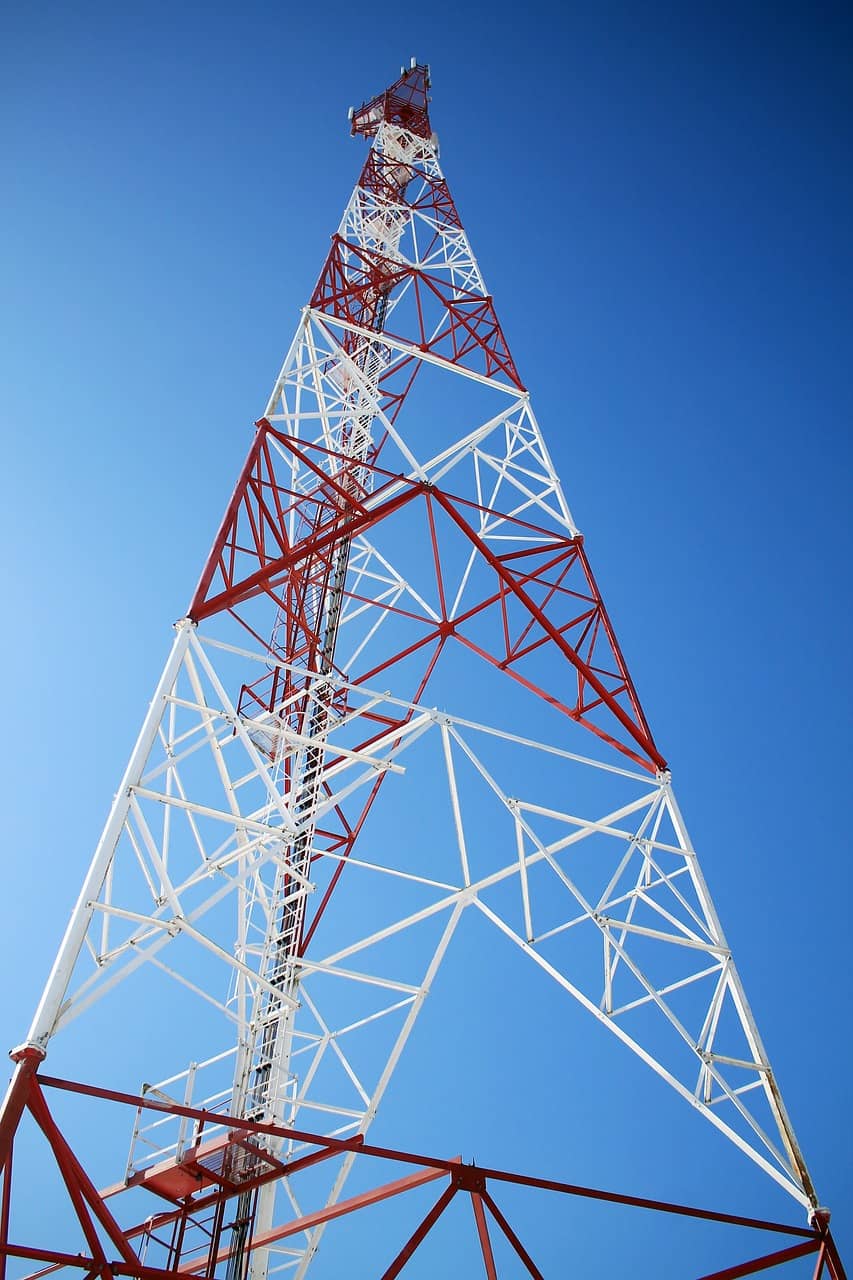
(NewsDakota.com/NDAgConnection.com) – Rural wireless service is emerging as a growth opportunity for national wireless operators and network expansion in rural areas is rising as a result. AT&T, T-Mobile and Verizon aim to acquire new subscribers in rural markets as growth in urban and suburban areas is slowing.
According to a new report from CoBank’s Knowledge Exchange, the wireless companies’ focus on rural markets is creating an opportunity for rural telecommunication operators to enter the lucrative wireless tower business. And with $42.5 billion in broadband grant money available, the financial path for rural operators to build wireless towers could be less steep.
“The business case for rural telcos to become wireless tower owners is strong,” said Jeff Johnston, lead communications economist for CoBank. “The rural tower business is profitable with stable cash flows and extremely attractive valuations. And it’s not necessary to own a portfolio of towers that requires millions of dollars to build. Owning just one wireless tower can be a very profitable investment.”
Demographic shifts driven by the COVID-19 pandemic, including migration to non-metropolitan areas and an increasingly remote workforce, are fueling the wireless network expansion in rural markets. Rural communication operators are well positioned to support these efforts by building wireless towers, leveraging their local knowledge and resources for efficiency, Johnston added.
National Carriers Target Rural Areas for Growth
T-Mobile plans to increase its market share to 20% by 2025 and is aggressively targeting the rural market. At the end of 2022, T-Mobile’s network footprint covered approximately 60% of the households living in small and rural cities, up from 30% a year ago. And its continued network expansions will increase demand for rural towers. Fixed wireless is a major focus for the company in rural America. AT&T’s efforts in rural America are being fueled by FirstNet, a nationwide public safety network for first responders. The carrier’s network build in remote parts of the country is nearing completion, giving AT&T a competitive advantage in rural America. And while AT&T’s FirstNet build does not necessarily represent a major growth opportunity for the rural tower industry, their expanded network build is clearly generating a competitive response from other national carriers.
Verizon’s acquisition of rural wireless operator Triangle Mobile in 2021, in addition to the agreements it has entered with Bluegrass Cellular, Chat Mobility and Blue Wireless, suggests the rural market is becoming a bigger priority for Verizon as well.
Compelling Rationale for Rural Tower Ownership
A total of $42.5 billion in grant money is available to rural communication operators through the Broadband Equity, Access, and Development program, which will create opportunities to build new wireless towers. While most of this money will go towards building fiber networks, fixed wireless will likely play a role in rural areas deemed high cost or ultra-high cost. Wireless towers are also emerging as an ideal configuration for edge computing as the incremental cost to offer the service could be limited to installing a new cabinet and service equipment. In remote parts of the country where access to buildings with fiber and power is limited, wireless towers would face little competition.
“Owning wireless towers is a relatively low risk business that offers an attractive new source of revenue for rural telecom operators,” said Johnston. “The lease agreements are long term, and the lessors are high-quality tenants who pay their bills. And because rural towers can double as an edge computing location, there are upside opportunities for cash flow and valuations.”
CoBank is a cooperative bank serving vital industries across rural America. The bank provides loans, leases, export financing and other financial services to agribusinesses and rural power, water and communications providers in all 50 states. The bank also provides wholesale loans and other financial services to affiliated Farm Credit associations serving more than 76,000 farmers, ranchers and other rural borrowers in 23 states around the country. CoBank is a member of the Farm Credit System, a nationwide network of banks and retail lending associations chartered to support the borrowing needs of U.S. agriculture, rural infrastructure and rural communities. Headquartered outside Denver, Colo., CoBank serves customers from regional banking centers across the U.S. and also maintains an international representative office in Singapore.
